Carrie Danner joined the Great Plains Institute in 2023 and serves as the operations coordinator for the Carbon Management team. In her work, she supports all projects within the program to elevate operations, specifically in the grant making and event planning spaces. Carrie earned a bachelor’s degree from Knox College in environmental studies. Prior to joining GPI, she supported programs at the Conservation Corps of Minnesota & Iowa as their member experience administrator.
Category: Blog
-
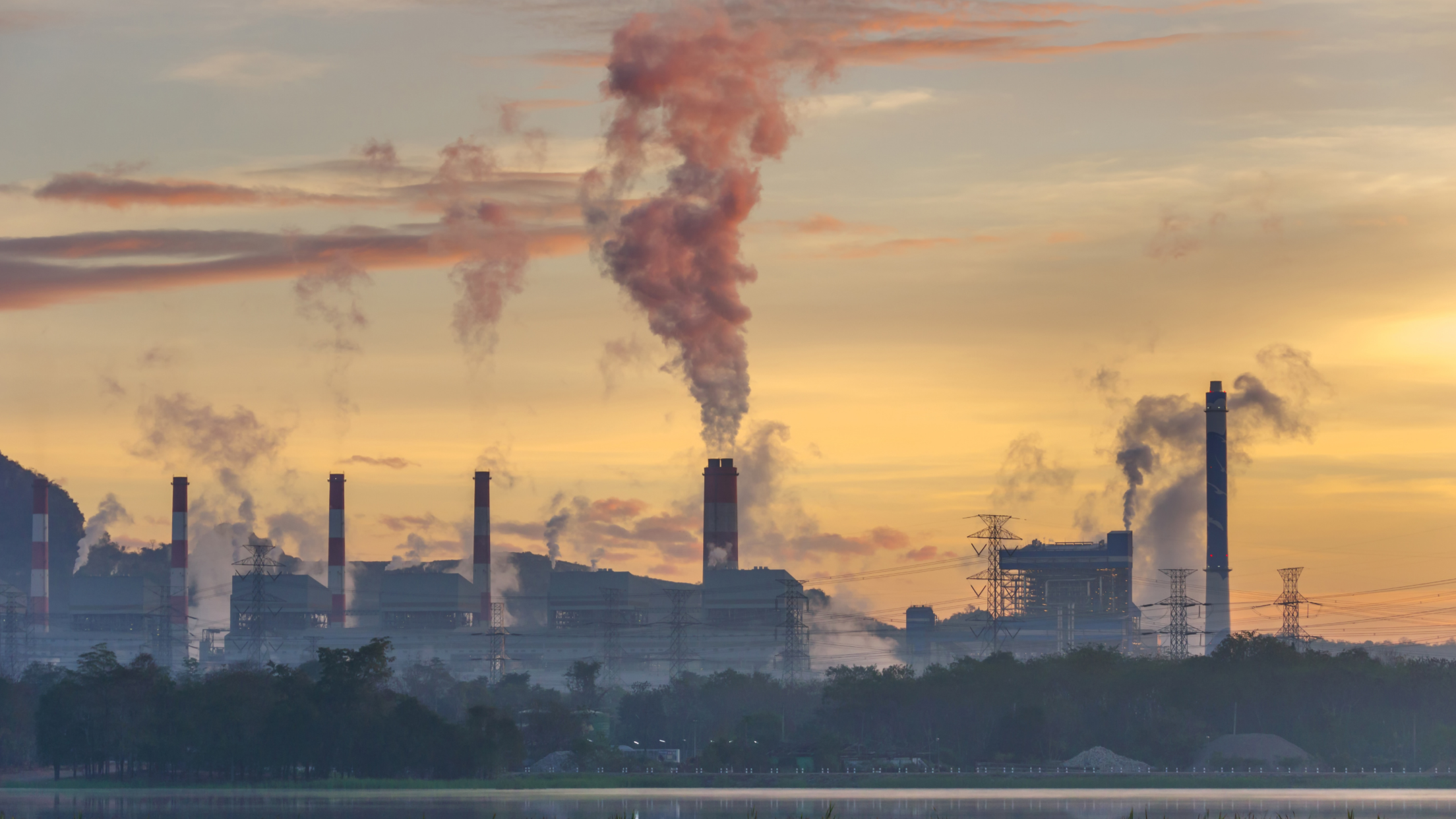
48C Qualifying Advanced Energy Project Tax Credit
A recap, update, and next steps for a $10 billion investment On January 10, 2025, the Internal Revenue Service announced six billion in allocations in the second round of the 48C Qualifying Advanced Energy Project Tax Credit, a 30 percent investment tax credit. The 48C program, originally established by the American Recovery and Reinvestment Act…
-
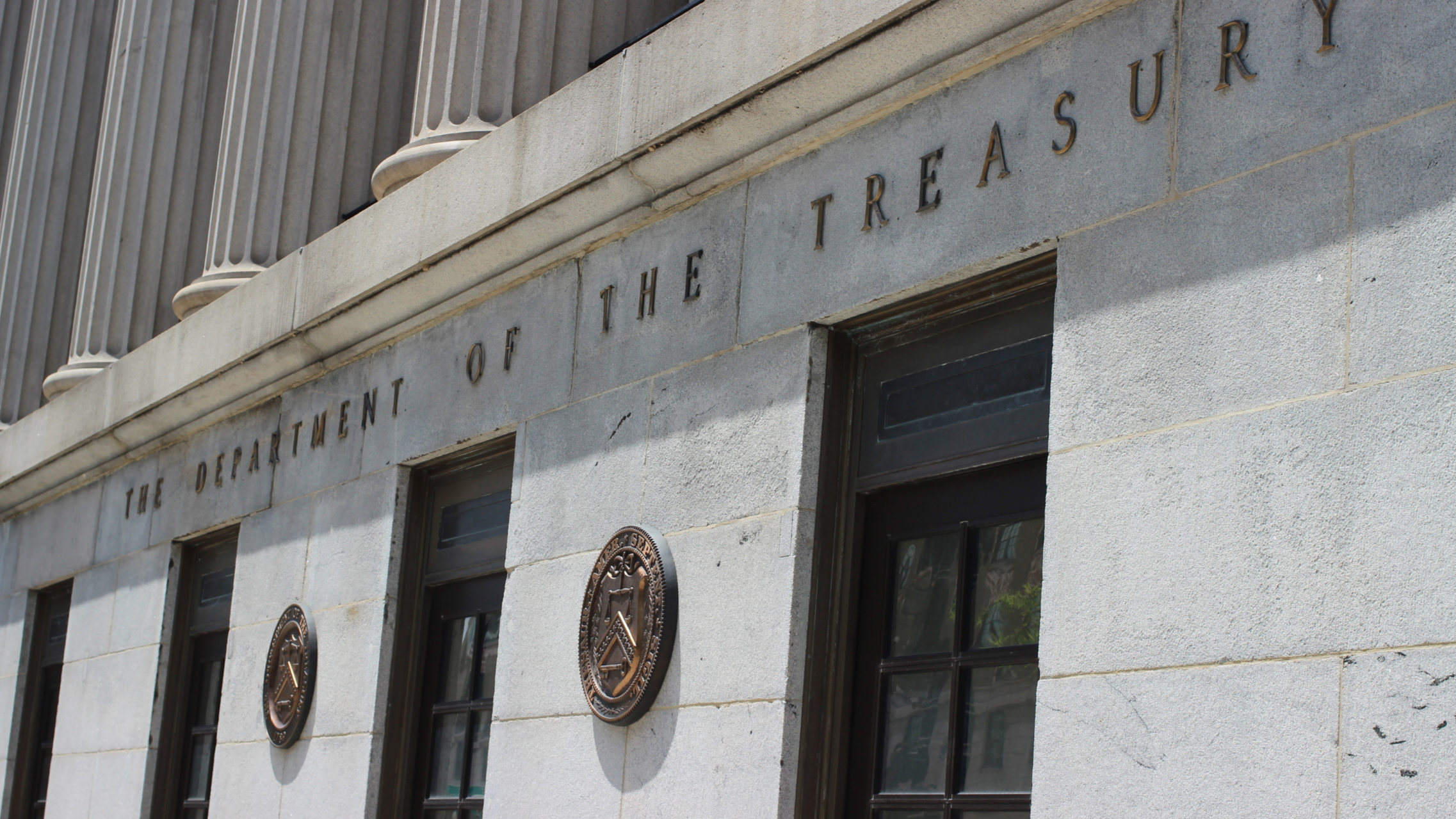
Treasury Department Releases Final 45V Clean Hydrogen Production Tax Credit Rules
On Friday, January 3, 2025, the Treasury Department released the final version of the rules for the 45V Clean Hydrogen Production Tax Credit. The final rules replace the proposed rules issued in 2023 and they were published in the Federal Register on January 10, 2025. I3 and Clean Hydrogen Hydrogen has the potential to be…
-
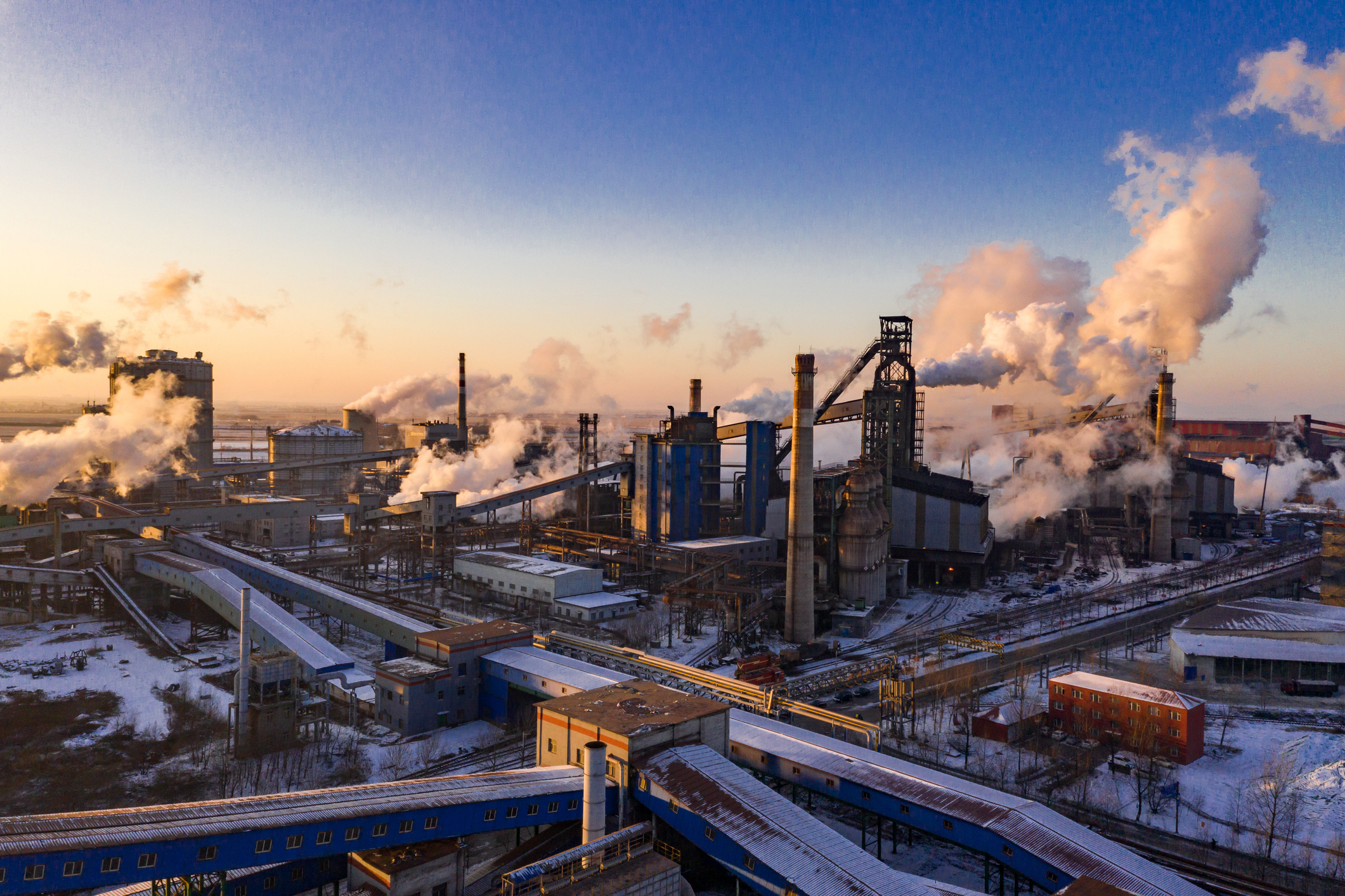
2024: Winds of Change
As 2024 draws to a close, we celebrate a year of significant milestones for industrial decarbonization and the Industrial Innovation Initiative’s (I3) role in shaping the implementation of existing supportive laws and crafting next-generation policies. Encouraged by billions of dollars in tax credits and federal funding, the government at all levels took critical steps to…
-
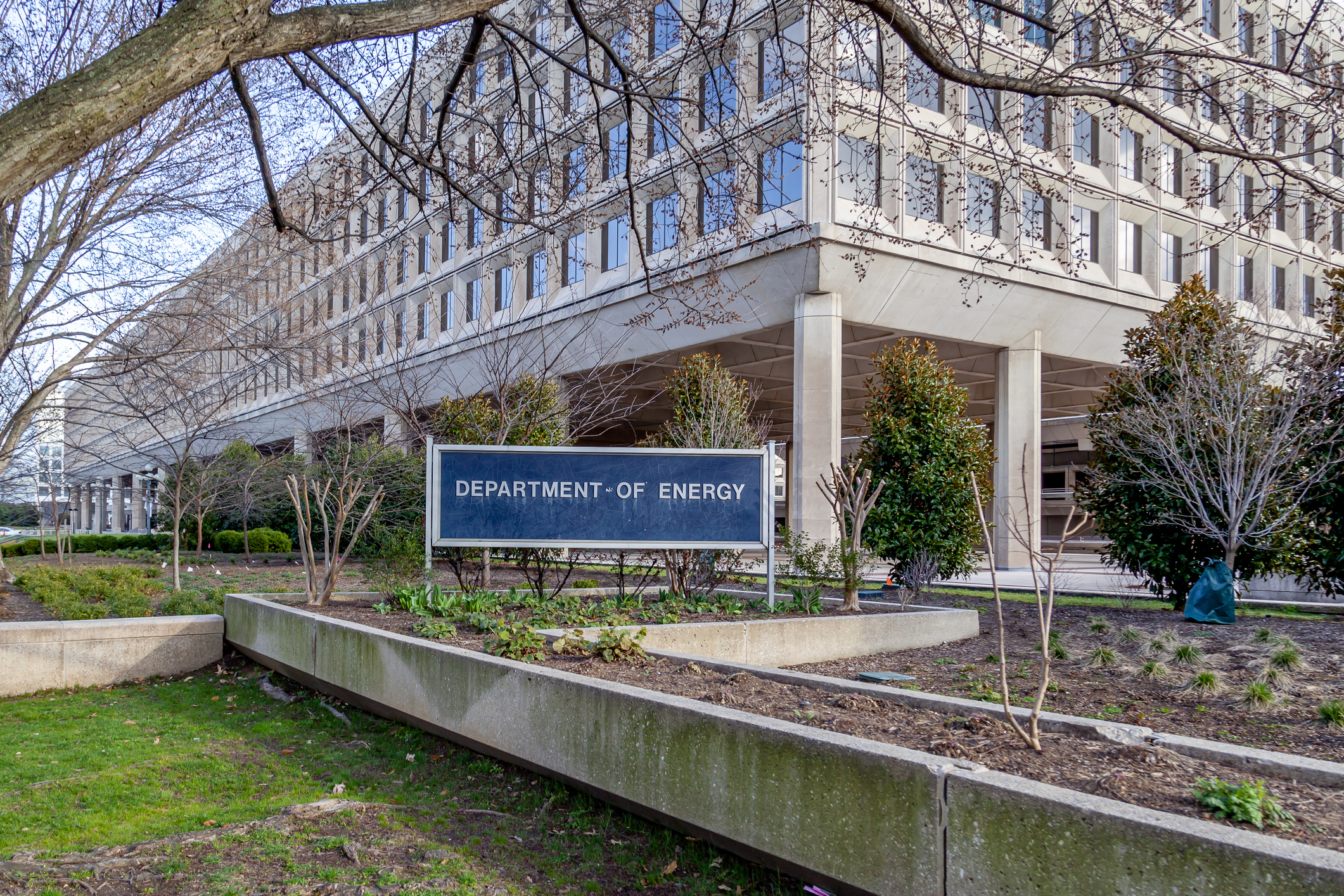
New Report: The National Blueprint for a Clean & Competitive Industrial Sector
Disclaimer: The use of this material does not imply endorsement by The Department of Energy or the United States Government. This week, the Department of Energy (DOE) and the White House Office of Science Technology Policy (OSTP) released The National Blueprint for a Clean & Competitive Industrial Sector. The announcement came during COP29, the annual…
-
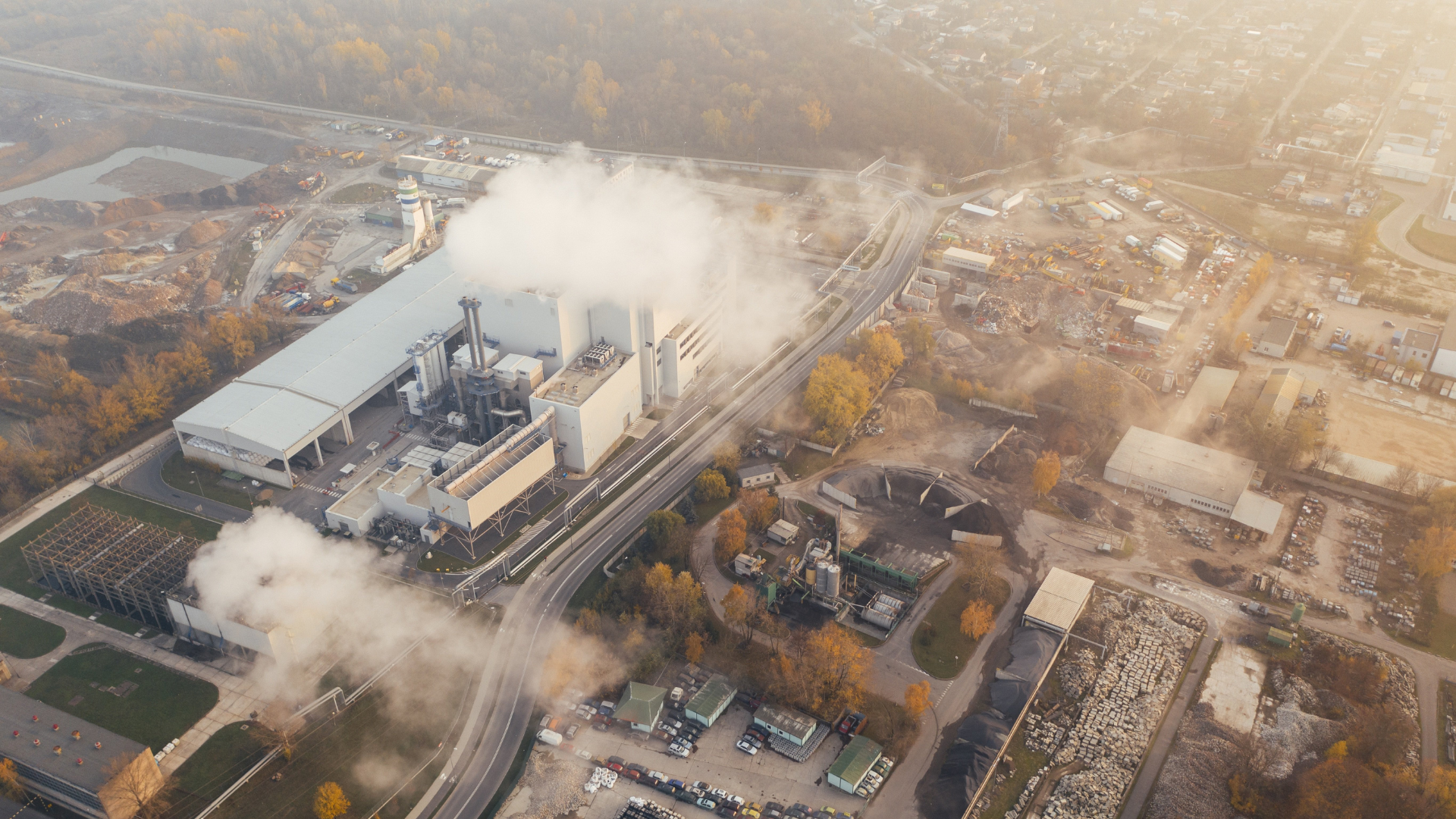
EPA Awards $636 Million in Grants for Industrial Projects
On July 22, the Environmental Protection Agency (EPA) announced $4.3 billion in Climate Pollution Reduction Grants (CPRG) to states, tribes, municipalities, and coalitions of these entities. Authorized under the Inflation Reduction Act, the CPRG program supports the development and implementation of ambitious state and local plans to reduce greenhouse gas emissions and other harmful air…
-

OCED Awards $6 Billion in Grants for Industrialization Decarbonization
On March 25, the Office of Clean Energy Demonstrations (OCED) at the Department of Energy announced that it had selected thirty-three projects to receive up to $6 billion in funding through the Industrial Demonstrations Program. Matching funds provided by recipients will generate a total investment of more than $20 billion in these projects. The awards…
-

Industrial Innovation Initiative Brings Industrial Decarbonization Recommendations to Capitol Hill
Industry, labor, and nonprofit representatives recently headed to Capitol Hill to advocate for federal policies that can put the industrial sector on track to reaching net-zero carbon emissions by 2050, both a national and global goal to curb the worst potential effects of climate change. The Industrial Innovation Initiative (I3), run by the Great Plains Institute (GPI)…
-
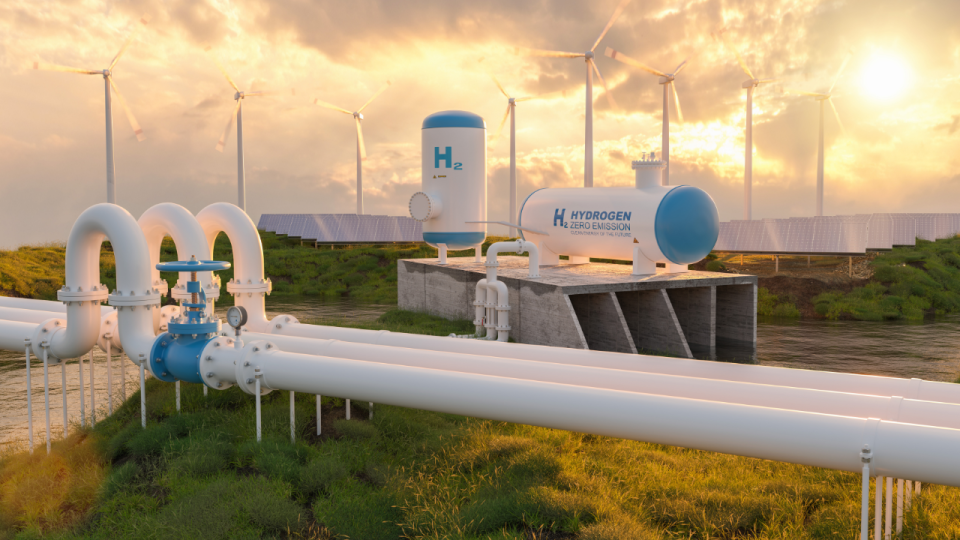
Hubs on the Horizon: Scaling Carbon and Hydrogen Decarbonization Solutions
The Industrial Innovation Initiative (I3) and partners at Clean Air Task Force (CATF), the Bipartisan Policy Center (BPC), and the Information Technology and Innovation Foundation (ITIF), hosted its first in-person convening of participants and industrial decarbonization stakeholders on June 8, 2022, in Washington D.C. The event served as a forum to discuss the latest developments…
-
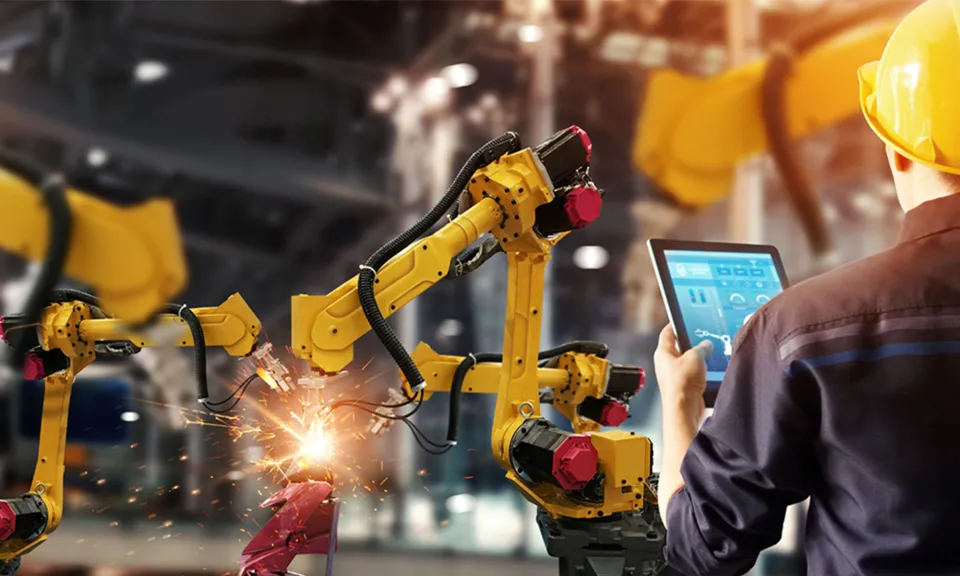
Decarbonizing Industry by 2050: A Federal and State Policy Blueprint
Minneapolis, MN/Washington, DC – A new report from the Industrial Innovation Initiative (I3), an industry-labor-NGO partnership, recommends a suite of policies for congressional and state action designed to help American industry decarbonize while retaining high-wage jobs, technological leadership and economic competitiveness. The report, Decarbonizing Industry by 2050: A Federal and State Policy Blueprint, is the…
-
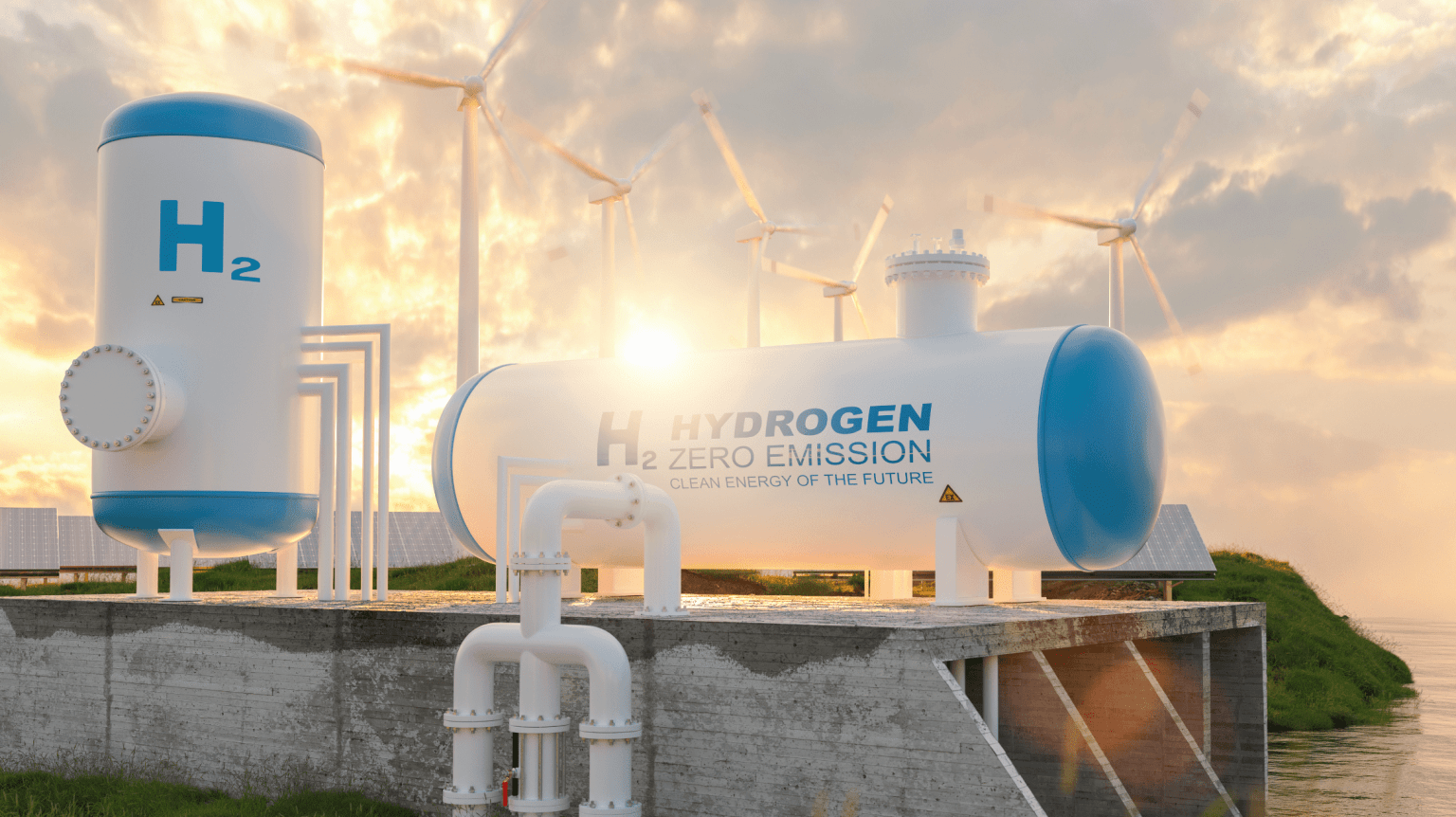
Department of Energy Announces First Round of Hydrogen Hub Awards
The Industrial Innovation Initiative (I3) released the following statement today regarding the Department of Energy’s announcement that seven hydrogen hubs were selected to receive a total of $7 billion under the Bipartisan Infrastructure Law’s Regional Clean Hydrogen Hubs Program. This statement may be attributed to David Soll, Industrial Decarbonization Manager at the Great Plains Institute: “Today’s selection of seven…
